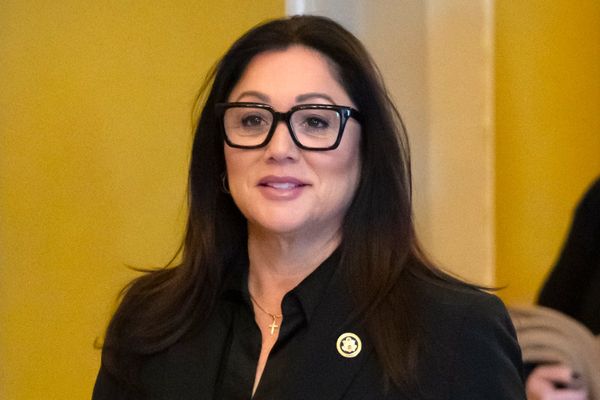
Homeownership is a major milestone and a source of pride for many families. But when you let your adult children help manage or live in your home, you might be giving them more than just a place to stay. Without realizing it, you could be granting them ownership rights to your home. This can create unexpected legal and financial headaches down the line. Understanding how these situations arise is key to protecting your property and your intentions. Let’s look at some common scenarios where adult children may accidentally gain ownership rights to your home and how you can prevent unintended consequences.
1. Adding Children to the Deed
It might seem like a smart move to add your adult children to your home’s deed. Many parents do this to make inheritance easier or to avoid probate. However, doing so instantly gives your children legal ownership rights to your home. This means they have a say in what happens to the property, and their share could be affected by divorce, debt, or legal trouble. You also lose some control over selling or refinancing the home. If you want to plan for the future but keep full ownership rights to your home, talk to an estate planning attorney before making any changes to your deed.
2. Co-Signing or Co-Borrowing on a Mortgage
Sometimes, parents ask their adult children to co-sign a mortgage for a refinance or new purchase. While this can help you qualify for a loan, it may also result in your children gaining partial ownership rights to your home, depending on how the property title is set up. If they’re listed as co-owners, they have legal rights and responsibilities for the home. Even if they’re only on the mortgage, complications can arise if payments are missed or if you want to sell. It’s important to understand the difference between being on the loan and being on the title. Always clarify your intentions with your lender to avoid giving away ownership rights to your home by accident.
3. Letting Children Pay for Major Repairs or Renovations
When your adult children contribute significant money to home improvements, they may feel entitled to a share of the house. In some cases, if there’s a written agreement or expectation, courts might agree. For example, if your child pays for a new roof or major remodel and you both agree this earns them equity, they could claim partial ownership rights to your home in the future. To avoid confusion or disputes, have clear conversations and put any agreements in writing. If you want help with repairs but don’t intend to transfer ownership, spell that out up front.
4. Living Together and Sharing Expenses
It’s increasingly common for parents and adult children to share a home and split costs. If your child pays part of the mortgage, property taxes, or utilities over many years, they might believe they have “earned” a stake in the property. While simply living in the home doesn’t automatically grant ownership, sharing major expenses without clear boundaries can lead to misunderstandings. To prevent your adult children from accidentally gaining ownership rights to your home, keep household finances separate and document what payments are for rent versus ownership. If you want your arrangement to remain temporary or non-ownership, clarity is key.
5. Transfer on Death Deeds and Joint Tenancy
Estate planning tools like transfer on death (TOD) deeds and joint tenancy with rights of survivorship are meant to make passing property easier. But using these tools incorrectly can give your adult children immediate ownership rights to your home, not just after you pass away. Joint tenancy, for example, means your child co-owns the home right now. A TOD deed doesn’t transfer ownership until your death, but it must be set up properly. If you’re unsure, consult with a professional to avoid unintended consequences.
What to Do If You’re Concerned About Ownership Rights
If you suspect your adult children may be gaining ownership rights to your home without your full intent, don’t panic. Start by reviewing your home’s deed and any loan documents. Check who is listed as an owner and clarify the terms of any shared expenses or contributions. If you find that your child’s name is on the title or you’ve made informal agreements about home equity, speak with a real estate attorney. They can help you understand your options and make changes to protect your interests.
Preventing accidental transfer of ownership rights to your home is easier than untangling things later. Communication, documentation, and professional advice are your best tools. For more tips on protecting your assets and navigating family finances, you can read this guide on protecting your home from unintended heirs.
Have you experienced confusion around home ownership with your adult children? Share your story or questions in the comments below!
Read More
Real Estate Terminology to Learn Before Hunting for Your Home
Homeowner Help How to Sell Your Home with a Real Estate Agent
The post Are Your Adult Children Accidentally Getting Ownership Rights to Your Home? appeared first on Budget and the Bees.







